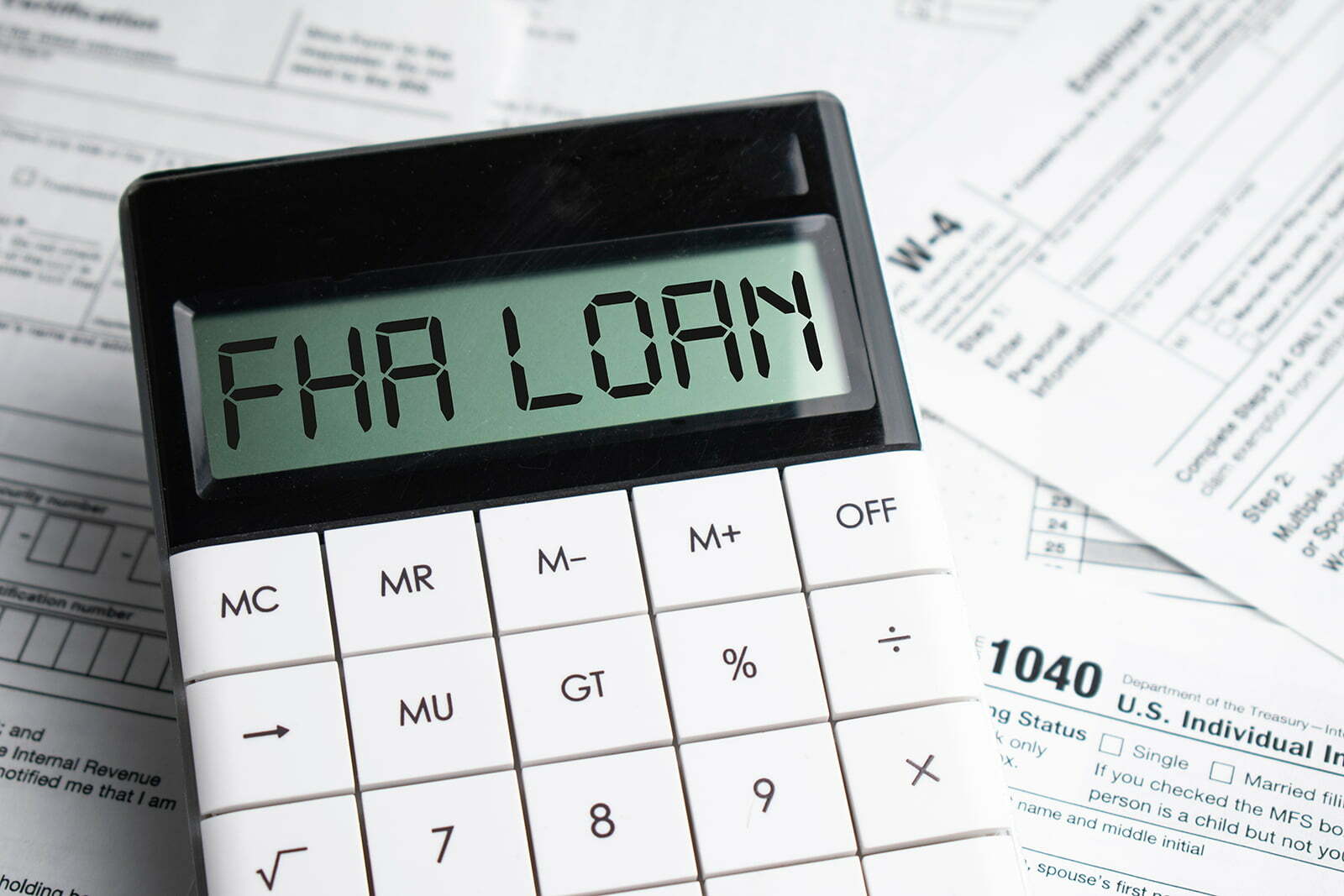
When it comes to financing a new home, there are a variety of loan options available. For those looking to build from the ground up, construction loans provide a pathway to turn a blueprint into a reality. Two of the most common construction loan options are Construction to Permanent (C2P) loans, which are offered through FHA and Conventional loan programs, as well as the Two-Time Close Construction Loan. Each has its own requirements, benefits, and processes.
In this comprehensive guide, we will explore the ins and outs of FHA and Conventional Construction to Permanent loans, as well as Two-Time Close Construction loans. We’ll break down the key differences, including required inspections, down payments, and credit score requirements. Finally, we’ll discuss how owning land can impact your down payment and financing process.
A Construction to Permanent Loan, often referred to as a C2P loan, is a type of financing that covers the costs of both constructing a home and transitioning to a standard mortgage once the home is completed. This type of loan typically involves only one closing, which simplifies the process for borrowers since they only need to secure financing once.
The FHA and Conventional C2P loans are popular options for homebuyers who want to build their own home. These loans typically cover the cost of purchasing the land (if applicable), the construction of the home, and the transition to a long-term mortgage.
An FHA Construction to Permanent Loan is a government-backed mortgage option that is ideal for borrowers with lower credit scores or smaller down payments. FHA loans are insured by the Federal Housing Administration (FHA), which allows lenders to offer more lenient terms.
FHA C2P loans are ideal for borrowers with limited savings or credit challenges. They offer a path to homeownership even if you cannot meet the stricter requirements of a conventional loan. The FHA’s backing gives lenders the confidence to provide more accessible terms, making it a popular option for first-time homebuyers or those who need a more affordable down payment.
A Conventional Construction to Permanent Loan is not government-backed, and therefore, the requirements for qualifying are generally more stringent than FHA loans. However, conventional loans offer more flexibility in terms of loan amounts and can be a better fit for borrowers with stronger financial profiles.
Conventional C2P loans are a great option for borrowers with strong credit and the ability to make a larger down payment. They often come with fewer restrictions than FHA loans and can offer better interest rates for qualified borrowers. Additionally, if the loan amount exceeds FHA limits, a conventional loan might be your only option.
A Two-Time Close Construction Loan involves two separate loan transactions: one for the construction phase and one for the permanent mortgage after the construction is completed. This means there are two closings, and typically two sets of closing costs, though the advantage is more flexibility during construction.
The two-time close option is ideal for borrowers who want more flexibility during the construction process. If you want the ability to make adjustments to your construction loan mid-project, this type of loan can provide more freedom. However, keep in mind the additional costs and paperwork associated with closing twice.
One of the major benefits of building a home is that if you already own the land, you can often use the land’s equity as your down payment. This applies to both FHA and conventional C2P loans, as well as two-time close loans.
How Does This Work?
Construction loans require thorough inspections to ensure the building process is going according to plan. These inspections are critical for protecting both the borrower and the lender. Here are the key inspections required for FHA and Conventional C2P loans, as well as two-time close loans:
Whether you’re looking at an FHA Construction to Permanent Loan, a Conventional Construction to Permanent Loan, or a Two-Time Close Construction Loan, understanding the different requirements and options can help you make an informed decision. Each type of loan offers unique benefits, depending on your financial situation, credit score, and the value of any land you already own.
By carefully considering down payment requirements, inspection processes, and the role of your credit score, you can find the construction loan that best fits your needs and move forward with building the home of your dreams.
